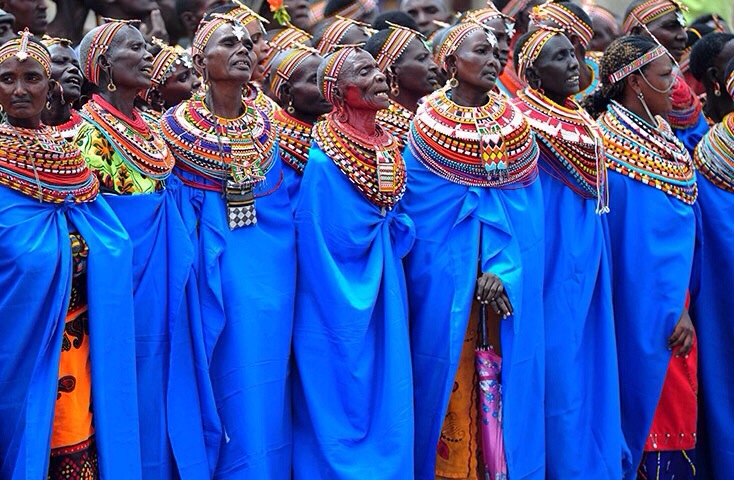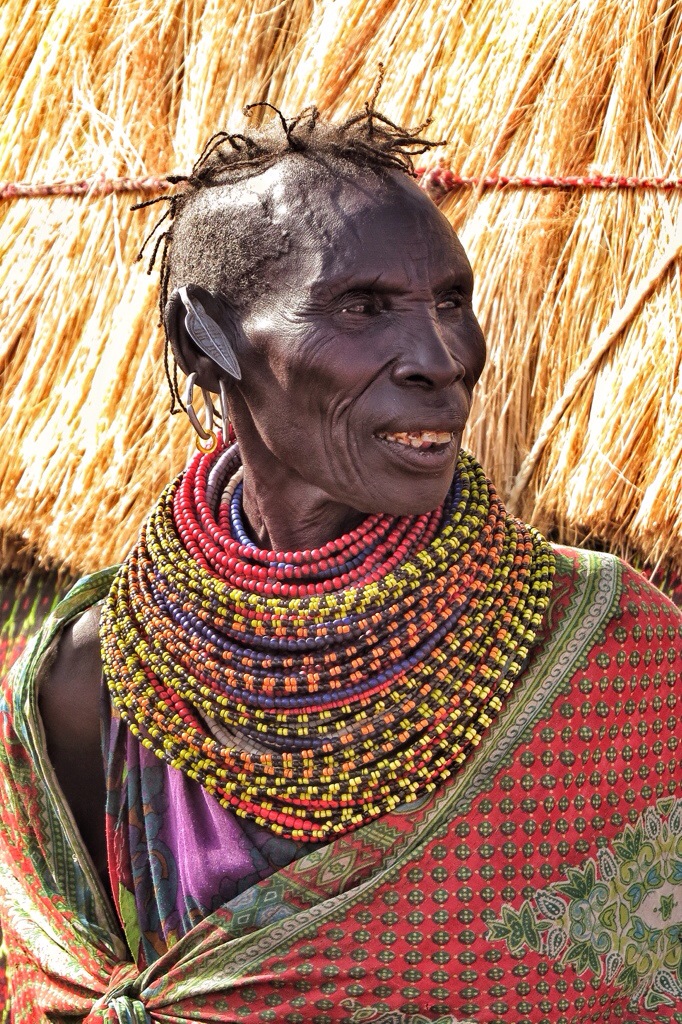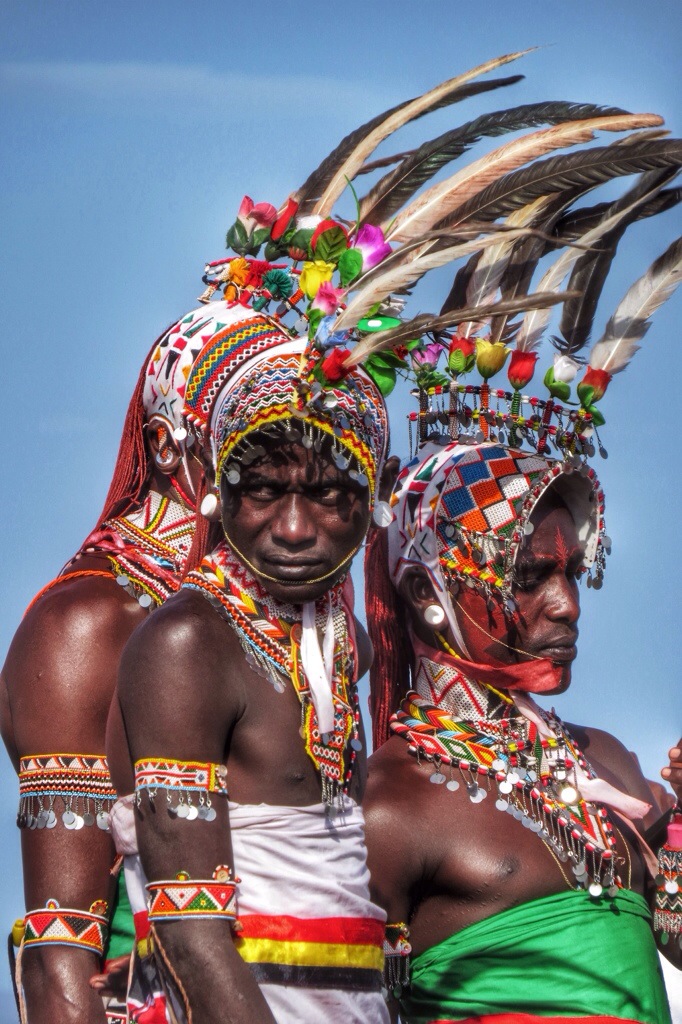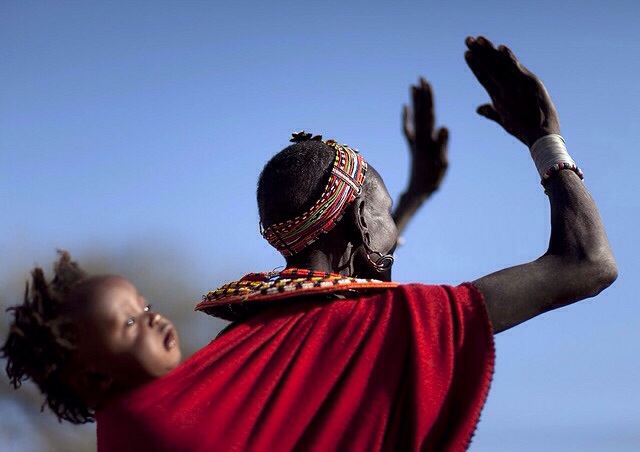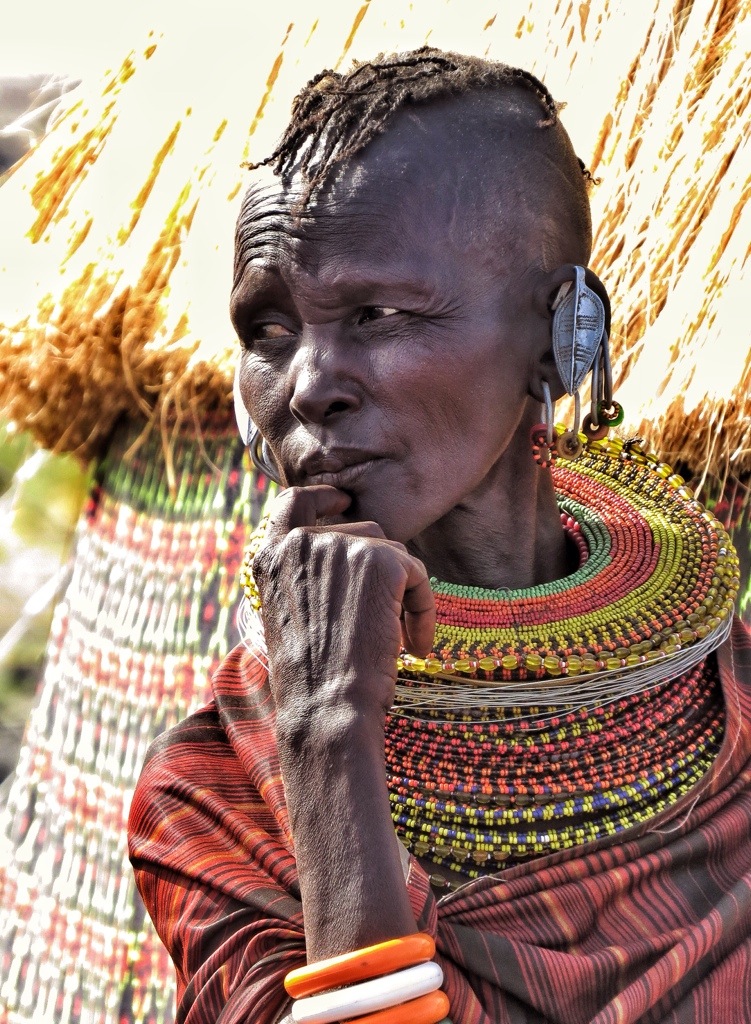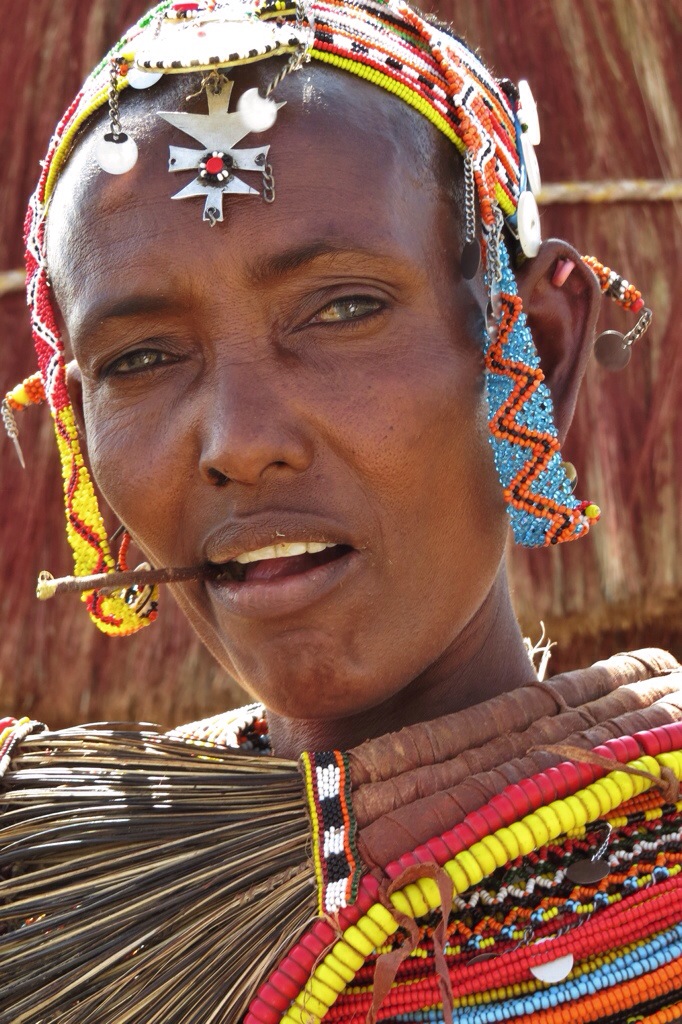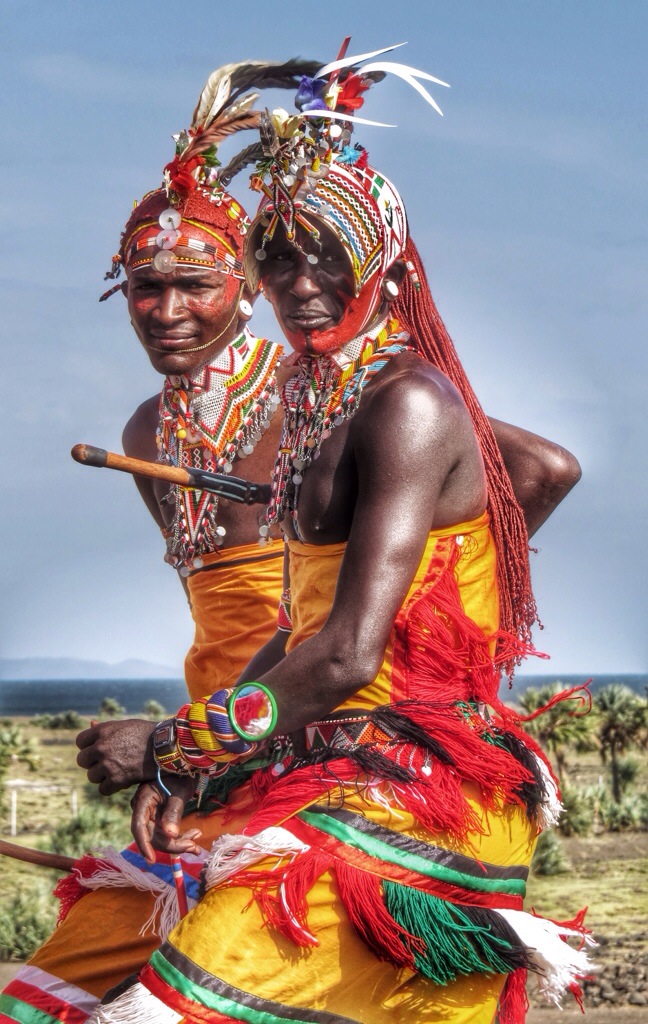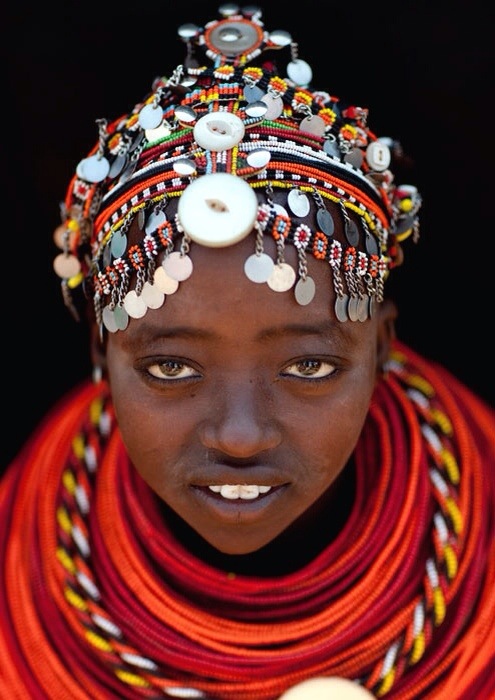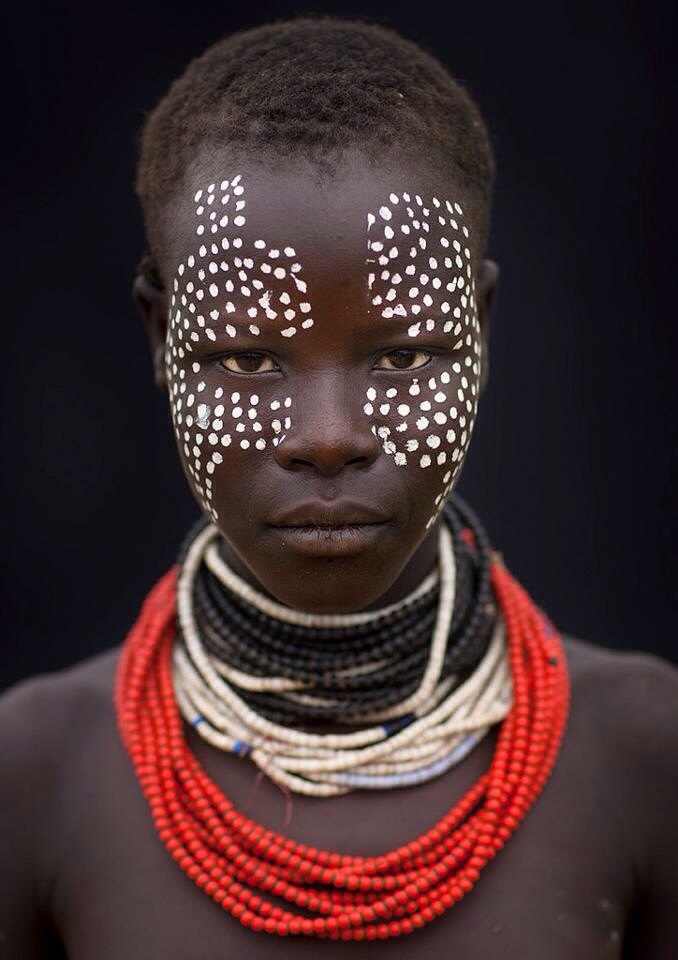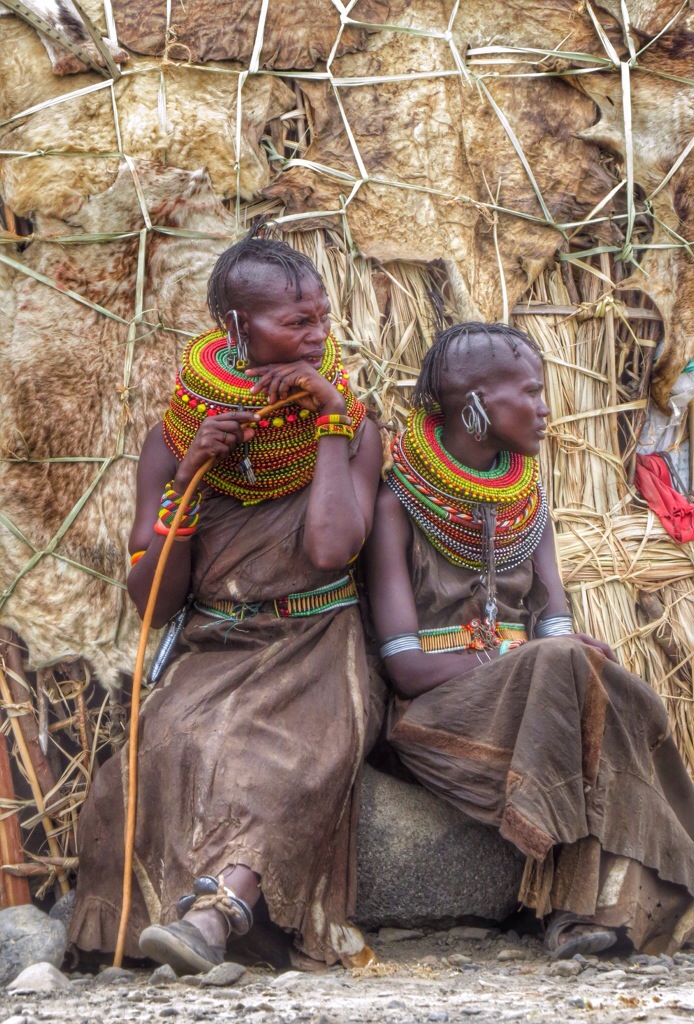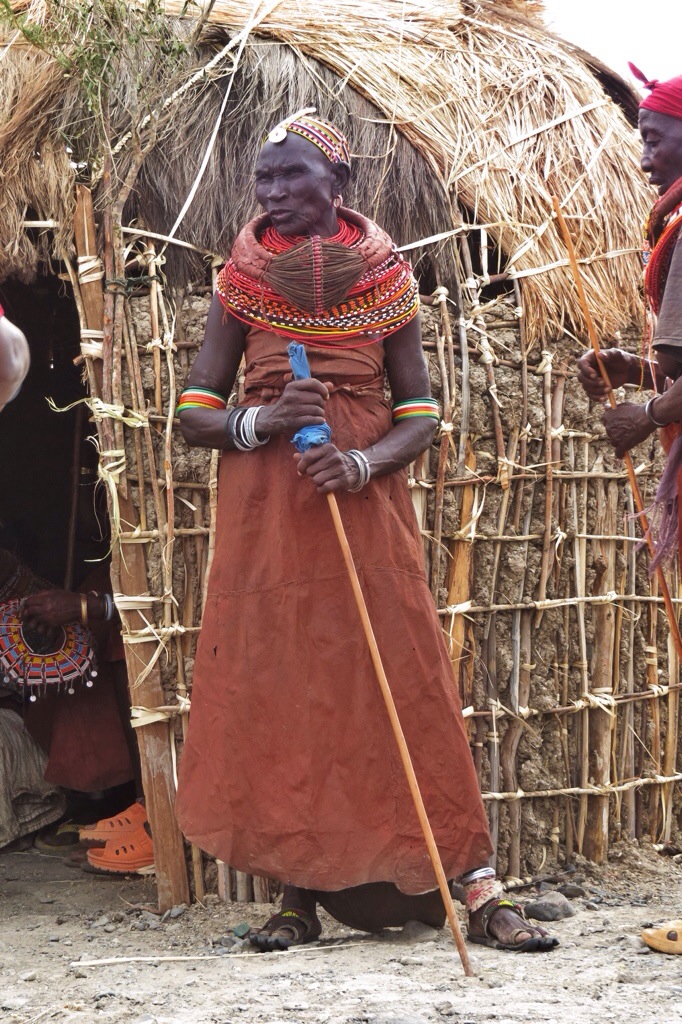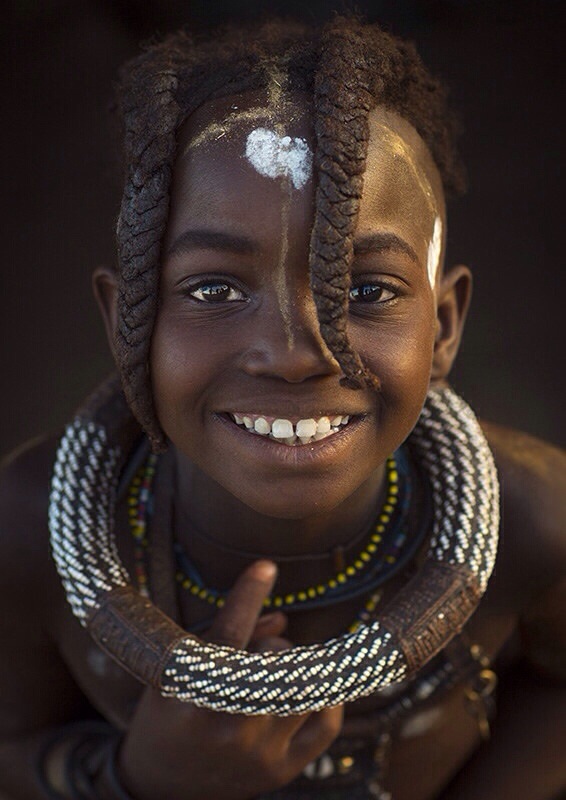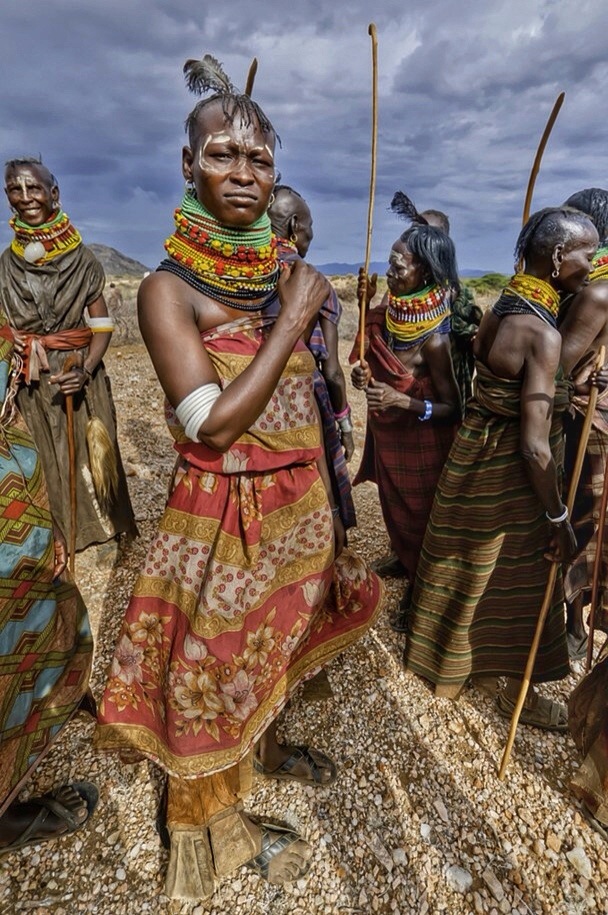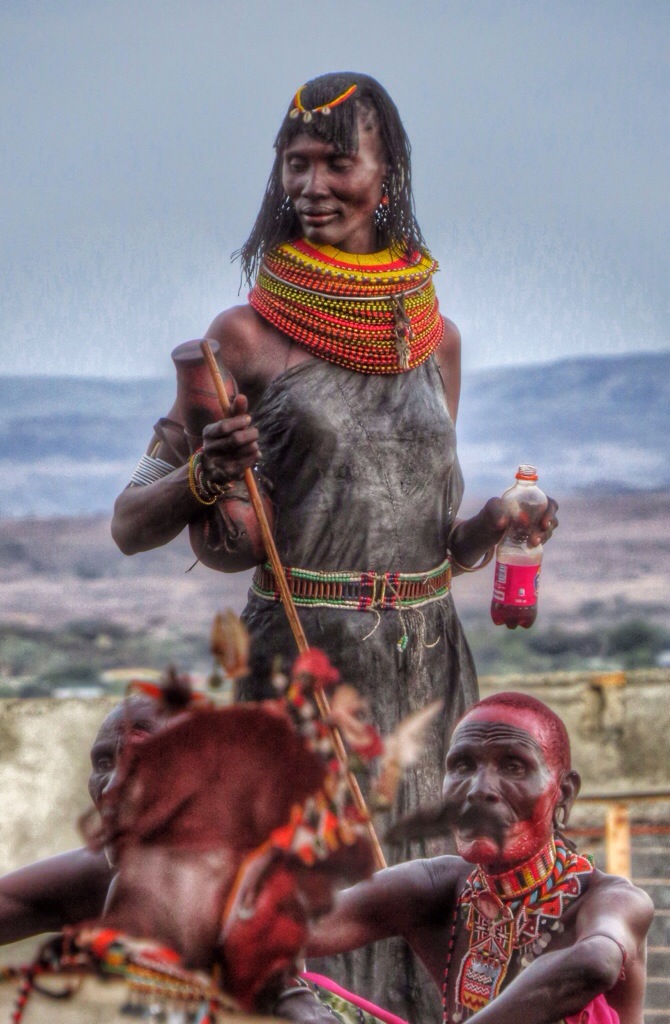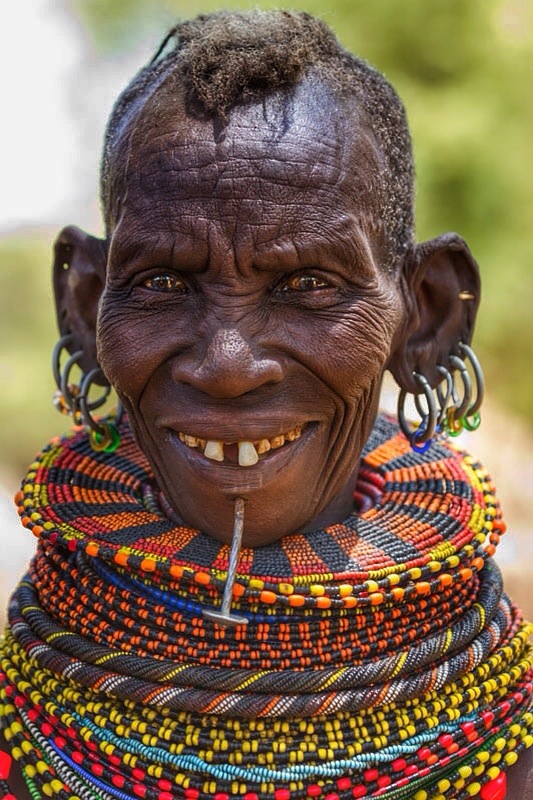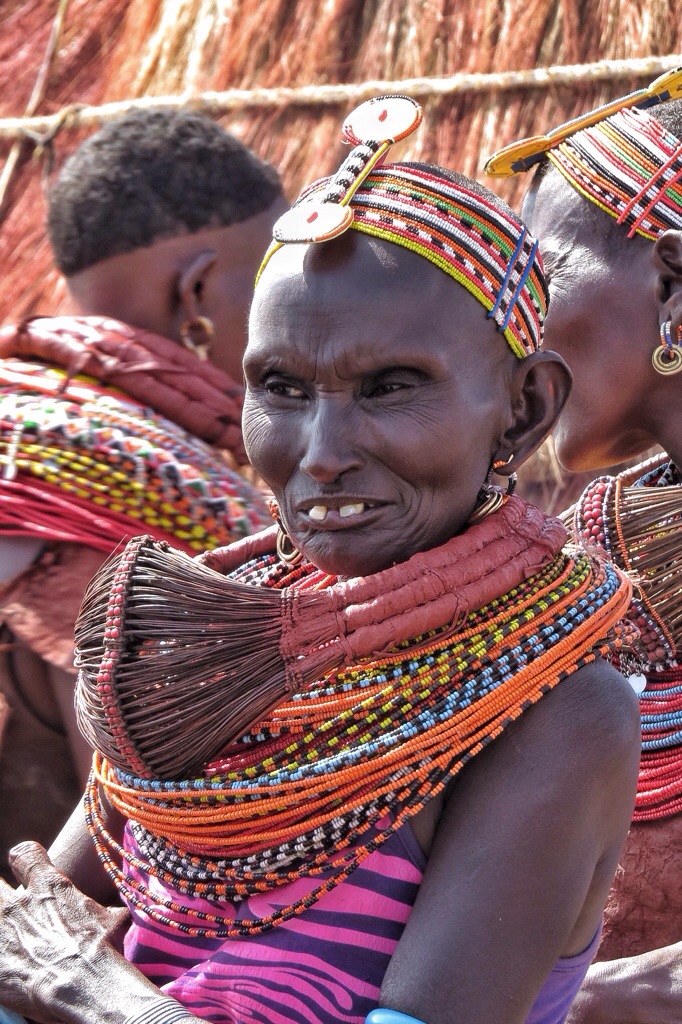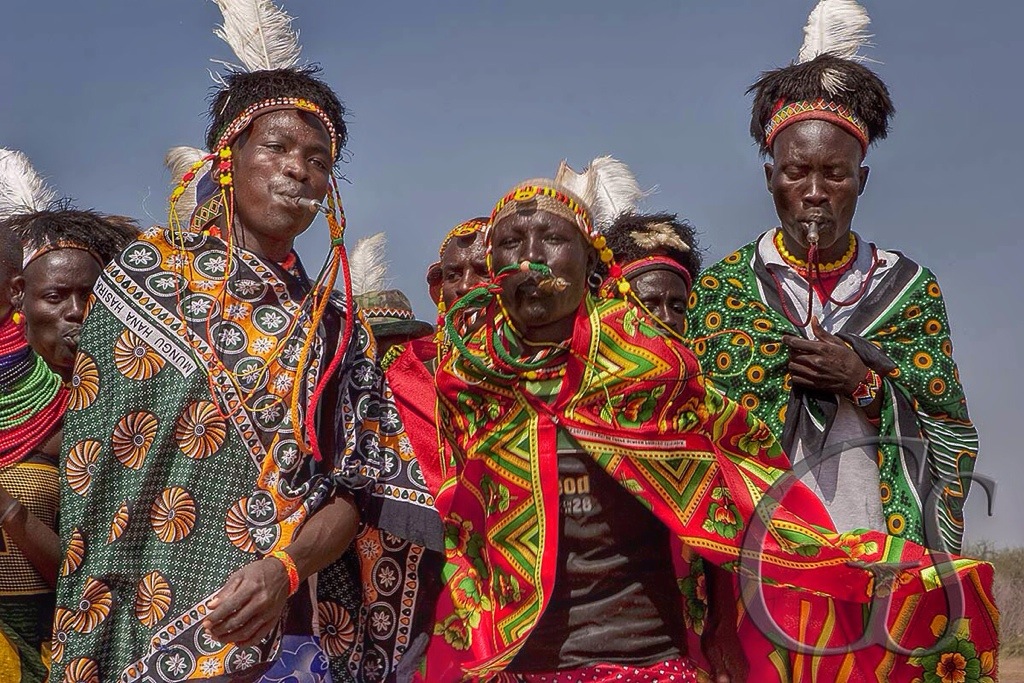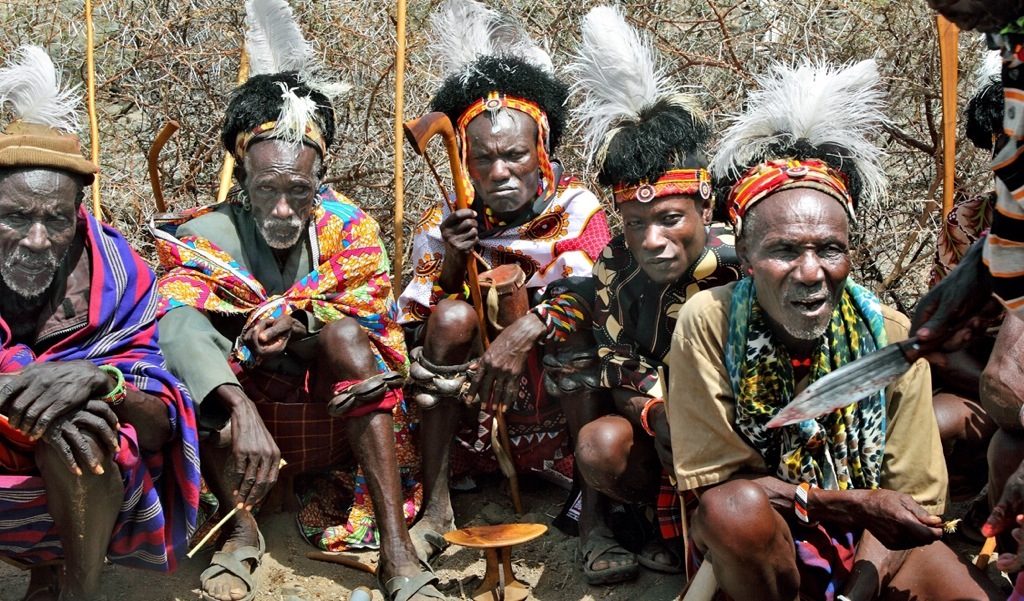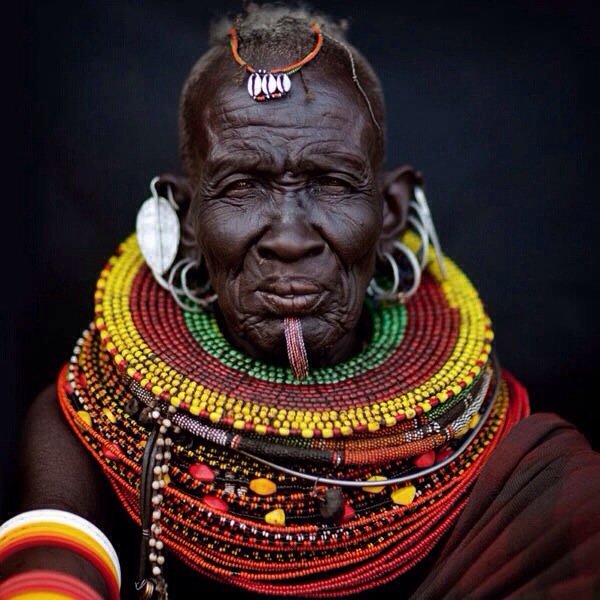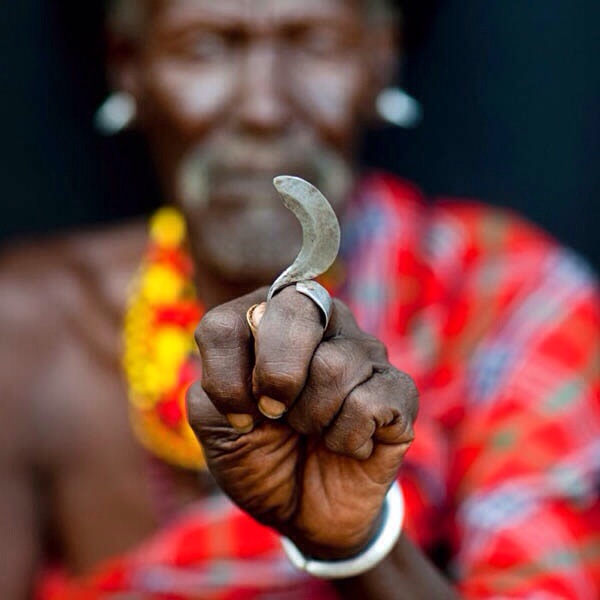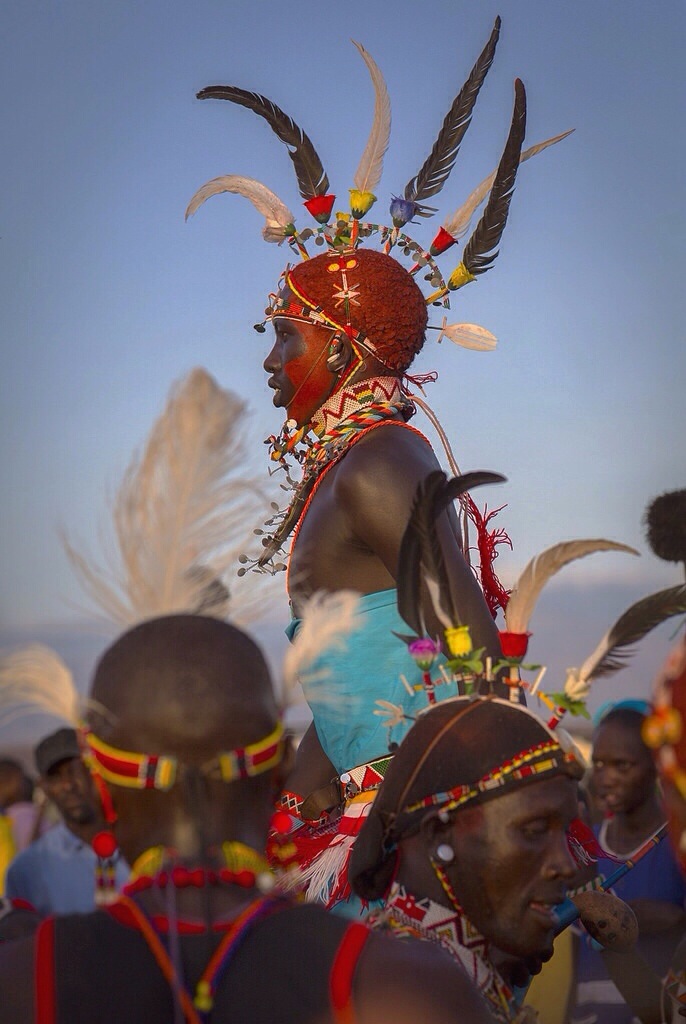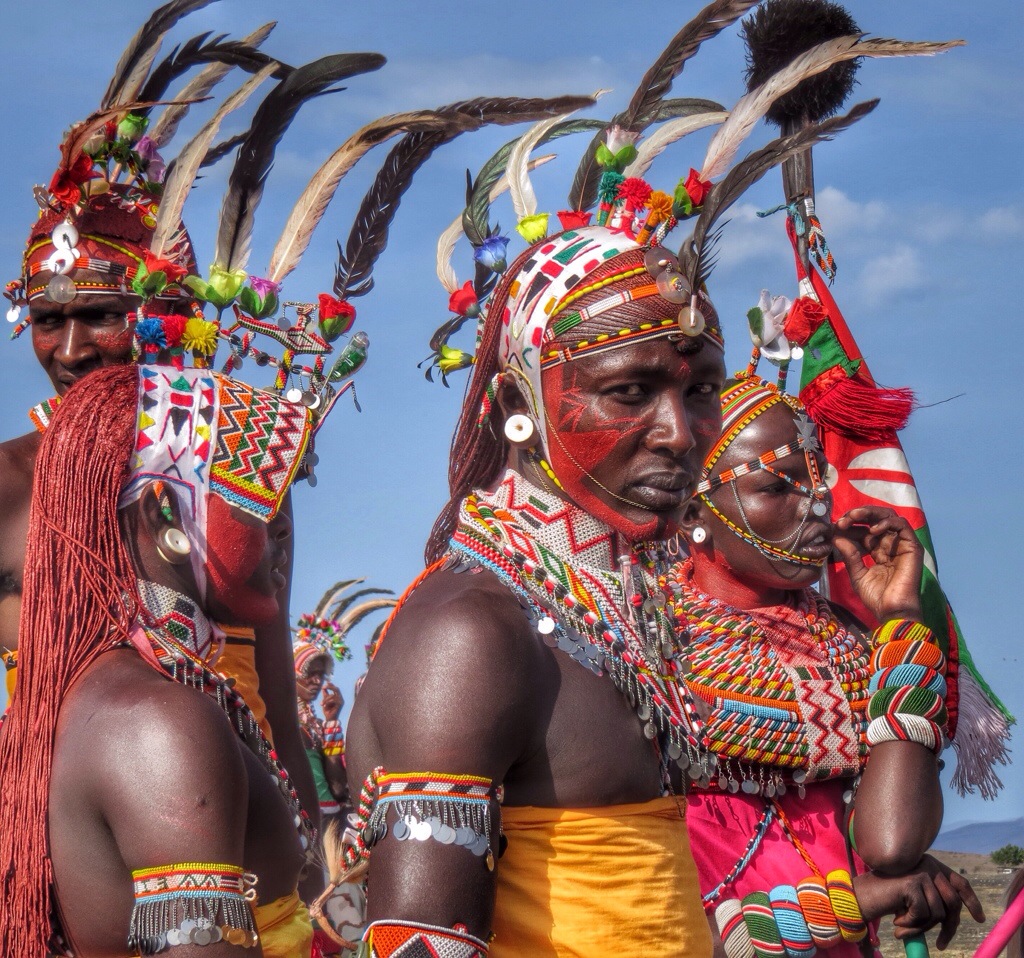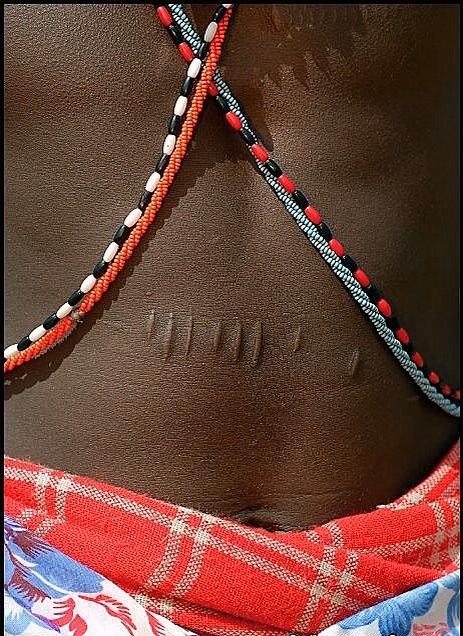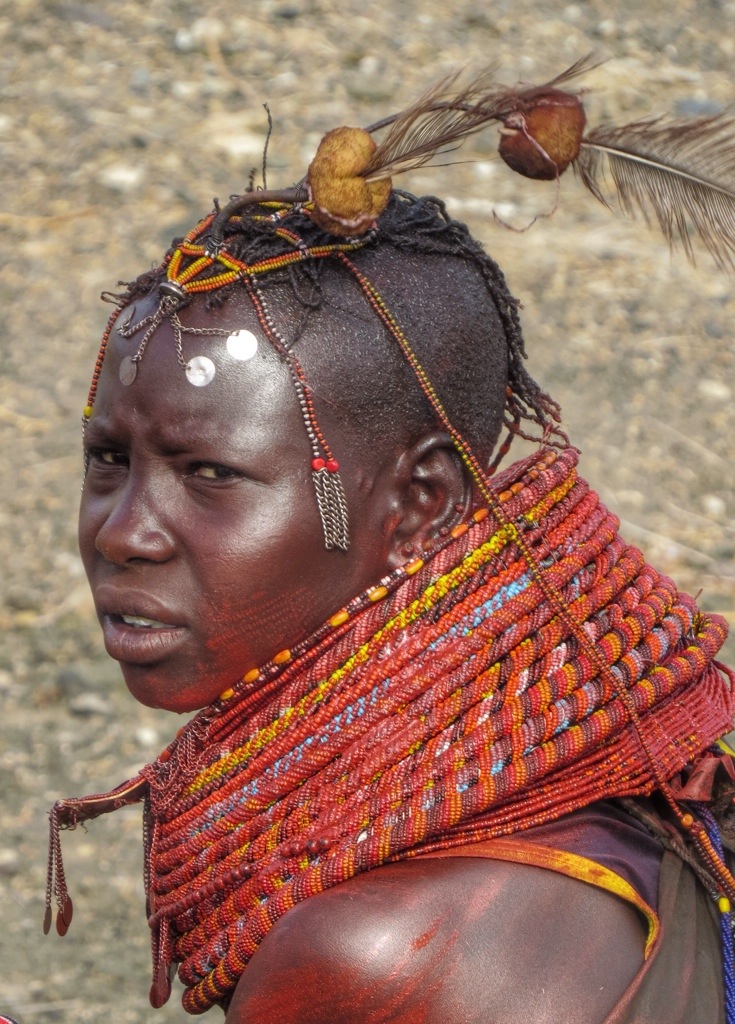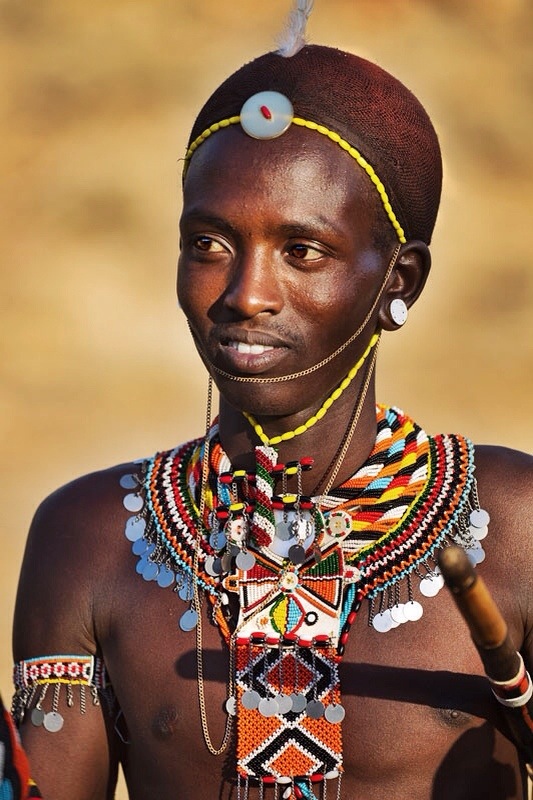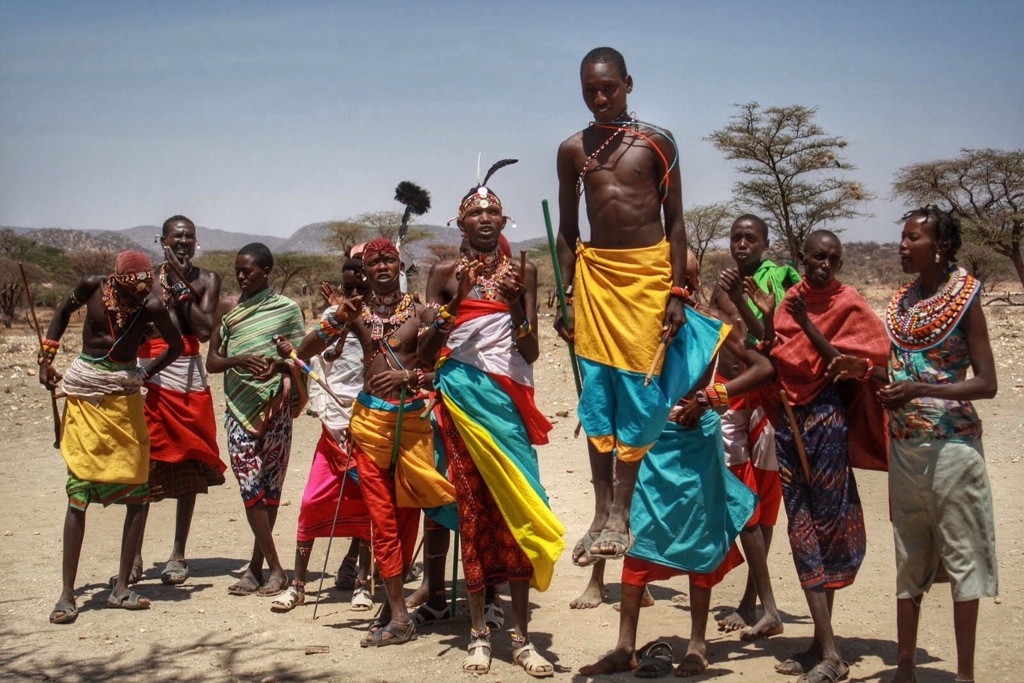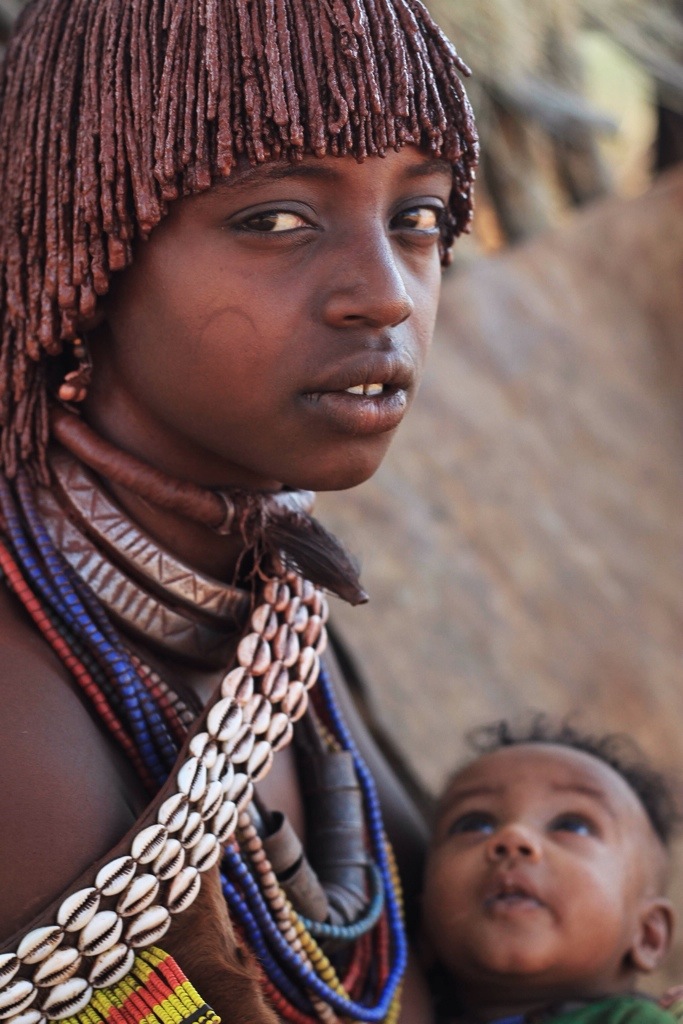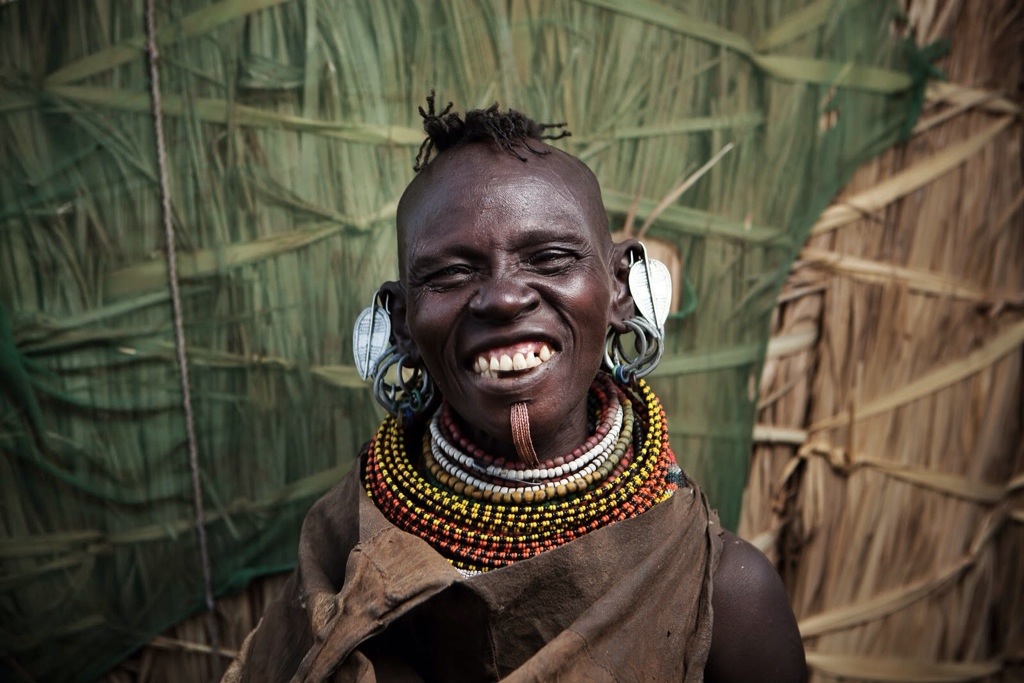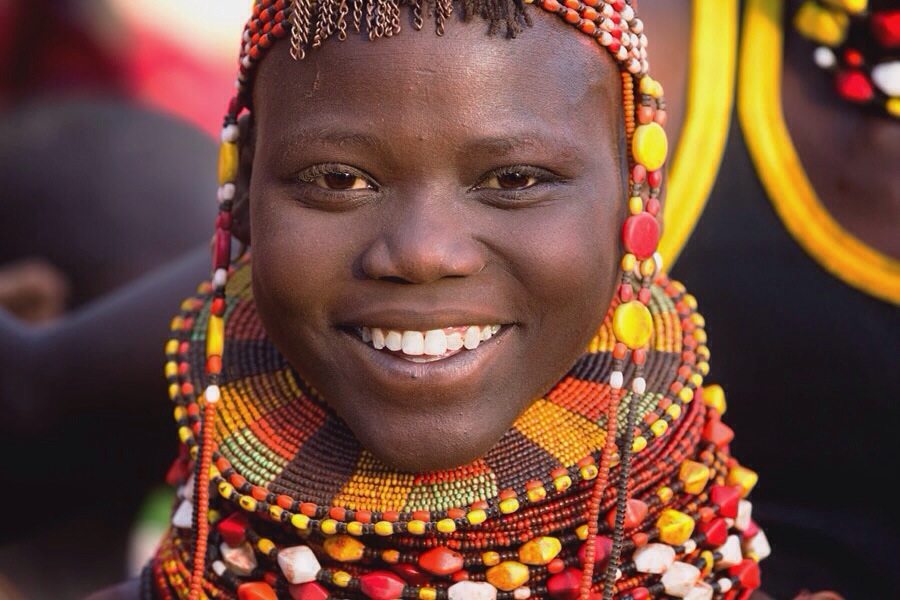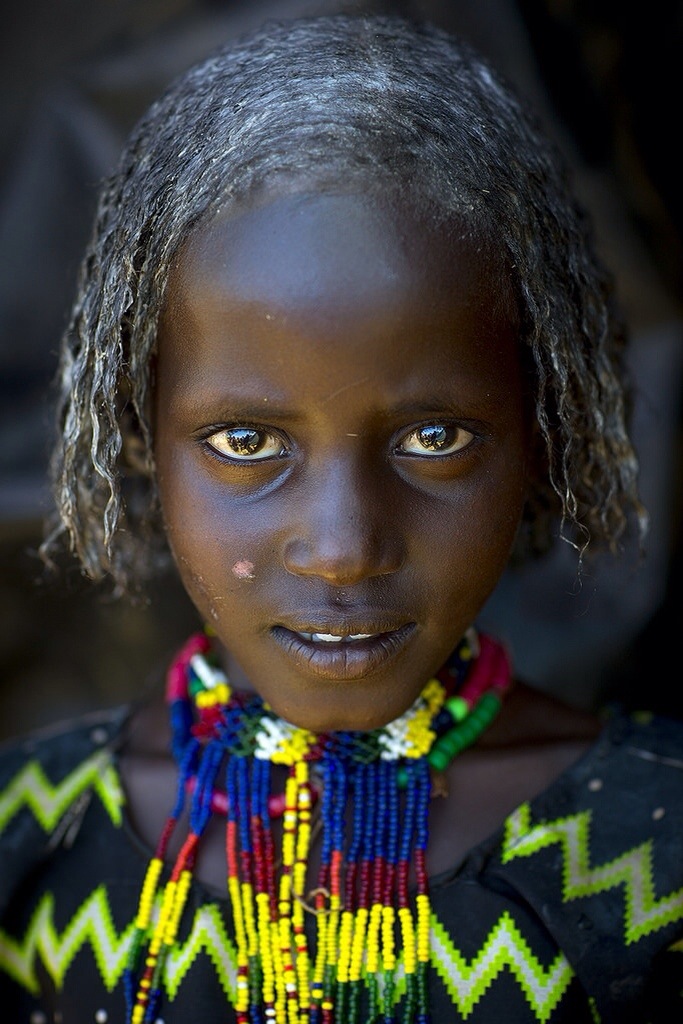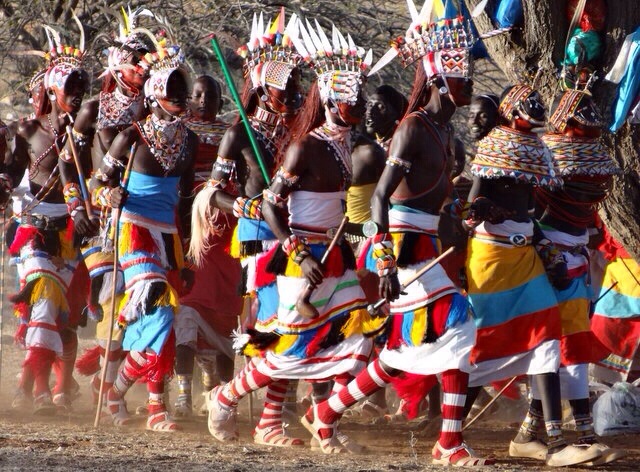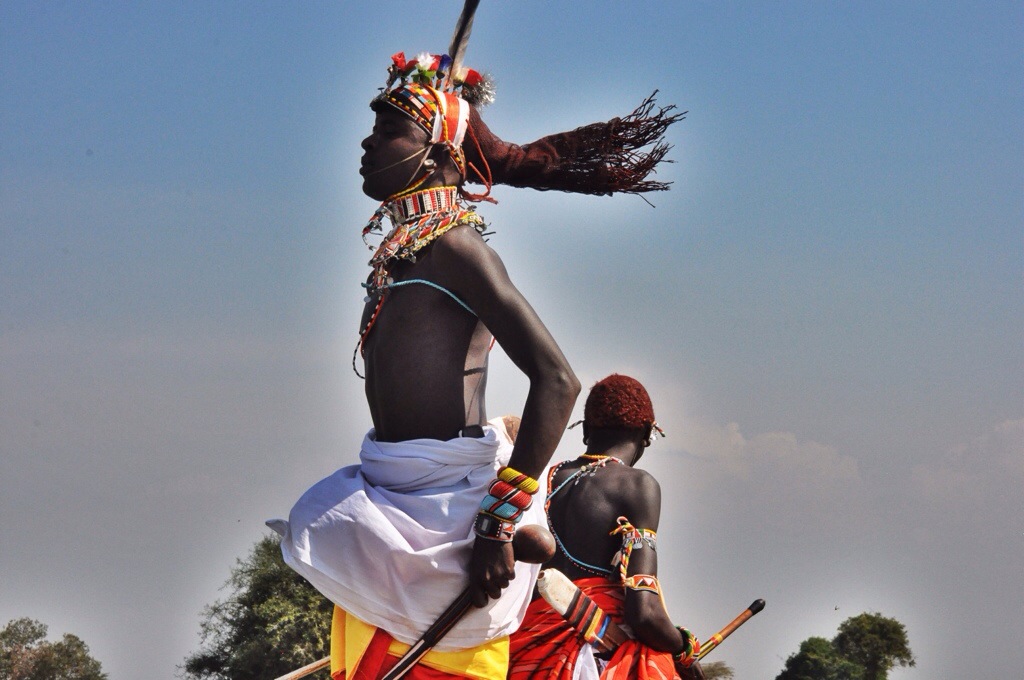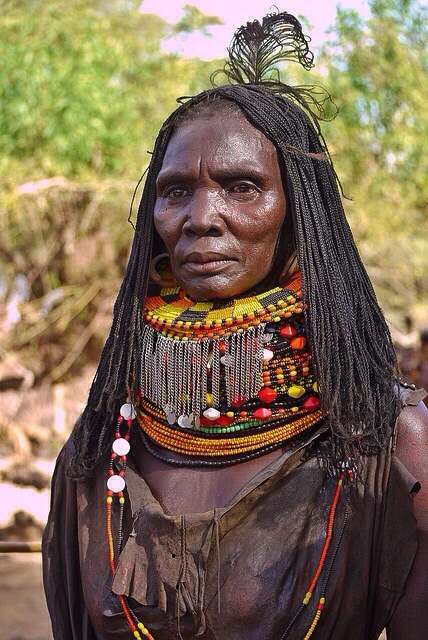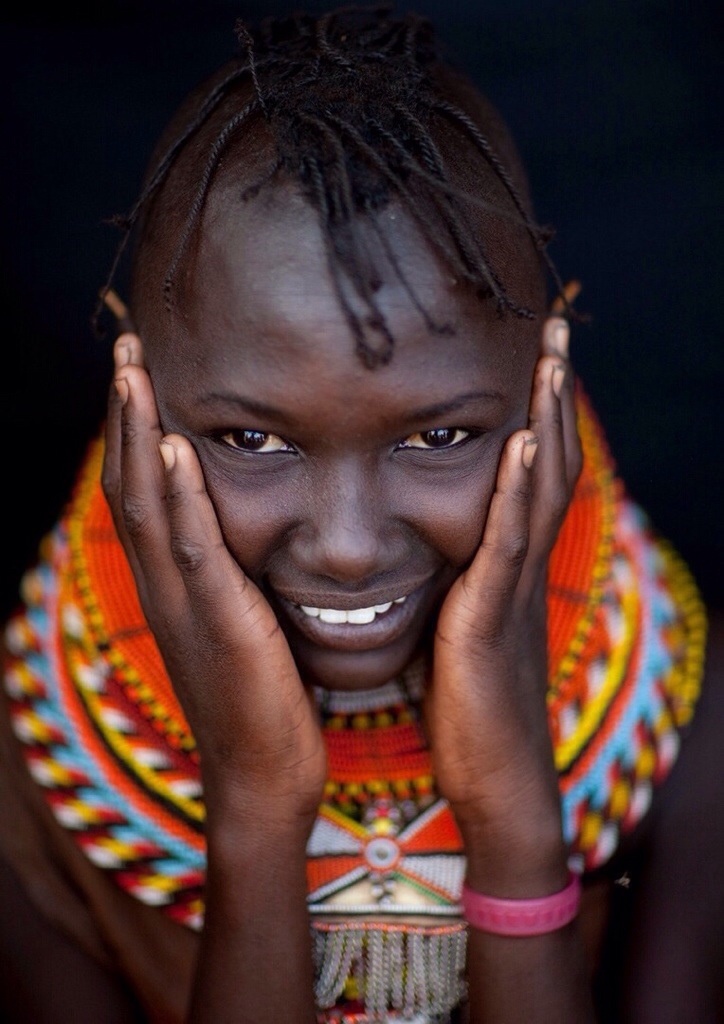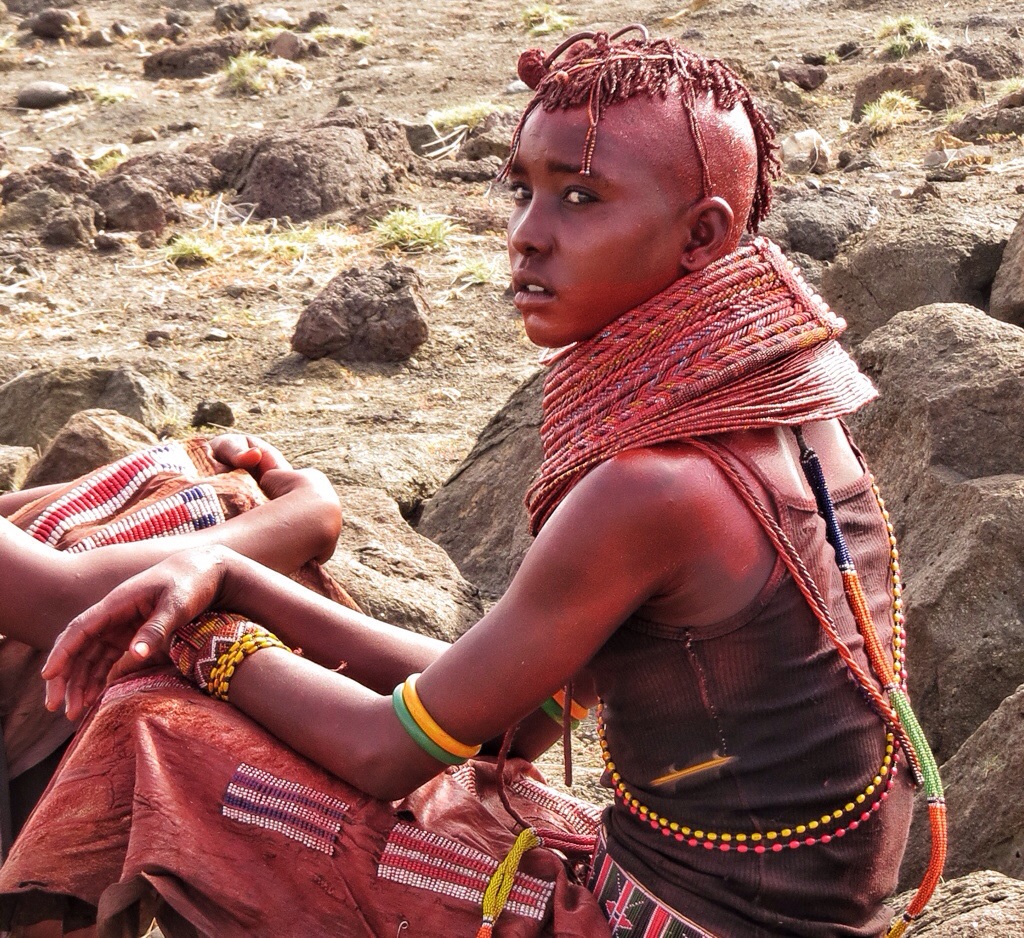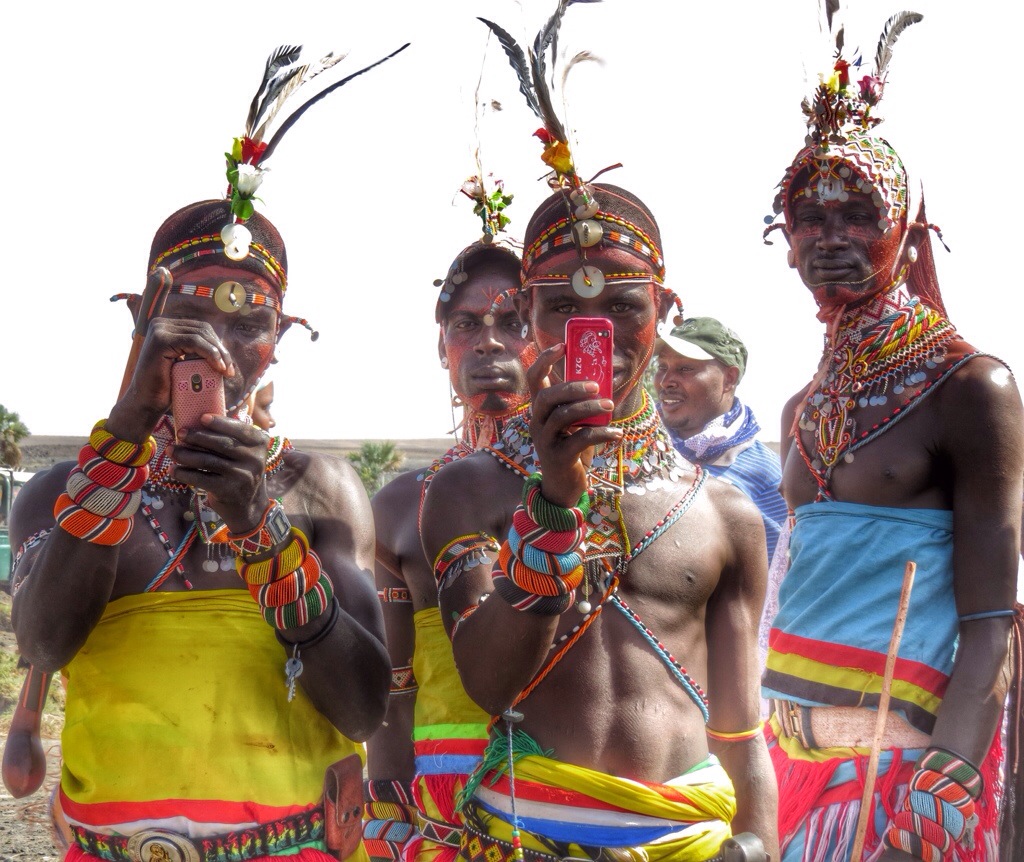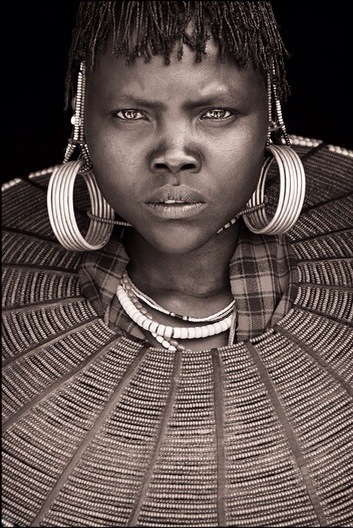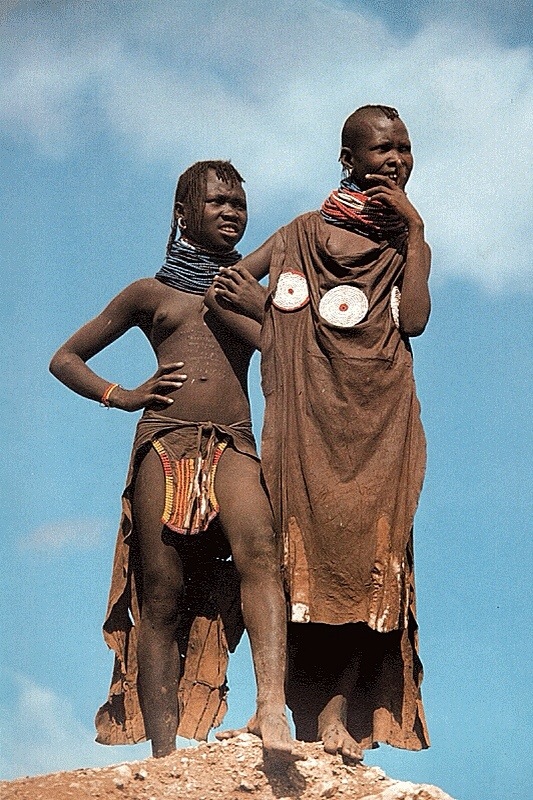The Tribal Festival at Lake Turkana is held in Kenya’s old ‘Northern Frontier District’ renowned for warring tribes and roving bandits. It’s one of the bleakest, most remote regions of Kenya and it takes a hell of an effort to get there.
(I warn you now, I’ve got so many pictures I want to use that I’m just going to throw them in at random!)
It’s at the festival where the 10 ethnic groups of the Lake Turkana region; El Molo, Rendille, Samburu, Turkana, Dassanach, Ghabra, Borana, Konso, Wata and Burji demonstrate through song and dance their unique differences and traditions.
It’s certainly not a festival in the ‘Western’ sense. There are no drinks tents, no hog-roasts, Guinness marquees, public toilets, entry passes, organised schedules, etc.
Well, there are supposed to be some organised events (camel race, boat race, wrestling competition, visit to local rock-art, etc) but since the event is organised by regional government, it’s a shambles.
A couple more years of practice and maybe the organisers will get their act together. It would be good if they did – it could become one of the best tourist-draws in Kenya.
Tourists are not what the festival is about though.
The hundred or so of us Mazungu tourists that made it to Loiyangalani were just bystanders. In this remote and forgotten region the challenges faced by these minority tribes include drought, environmental difficulties, poor infrastructure and wrangling amongst each other.
Whilst we are fascinated by their impressive dress, decoration & ornaments…
…and study their artifacts and way of life in this impressive and hostile landscape…
… the underlying goal remains the promotion of tribal peace and the appreciation of these fascinating people.
They may be remote, ‘unsophisticated‘ tribal peoples, but many of them have real grace and poise.
Others just have ‘character’…
Their costumes are fascinating.
But they’re also not just ‘Sunday Best’. Most are worn every day whether cattle-herding, doing the washing, or pounding grain / pap (as we saw driving through the deserts both to Turkana and back to Nairobi).
Each of the neck-rings, bracelets and ornaments has a meaning and infers a particular status: married, single, widowed, first-born son, adolescent, circumcised, killed a giraffe, killed a man…
Old enmities run deep here, particularly between the Samburu…
…who’ve tended to take up the opportunities offered by education and employment, and the Turkana…
…who are considered particularly argumentative.
For generations (and still for much of every year) tensions between the tribes are high. They raid each other’s cattle stocks, seize pastoral land and bicker over water rights. People are killed using $20 AK47s, spears and machetes.
The Turkana Festival is an opportunity for tribal elders to present grievances to local politicians, build relationships between tribes, diffuse disagreements, show off their tribal finery, flirt, sing and out-dance each other in an informal, dusty ‘arena’.
It seems to be working. The incidents of local wars have decreased, elders have set up lines of communication, cattle stealing and deaths have lessened.
The two days of meetings and workshops are very worthy, but for us the fascination was in being able to wander freely amongst the individual tribes of locals and participants, visiting the ethnic houses at the edge of the arena that each troupe has built, and enjoying an atmosphere of unrestrained goodwill.
The best chance to watch the dancing is when each troupe is rehearsing out of sight somewhere.
Once the tribes start dancing in the arena though, it’s difficult to get pictures that capture the atmosphere, the ground shuddering thump-thump-thump of their stamping feet, the deep growl of their chanting and high-pitched shrieking of their ululating.
The dust they kick up may make it difficult to see, but the sound! – it resonates through your bones.
The festival is a photographer’s dream.
Even amateurs like us can get some good shots.
Everyone takes pictures of everyone (including tribesmen, with their mobiles, of us strange-looking Mazungu tourists), and on this occasion nobody minds or dreams of asking for payment.
Thanks for sticking with this post. I know it’s been lengthy, but I hope you found it as fascinating as we did.
Top Tip: time your visit to Kenya to coincide with the Lake Turkana Festival.


